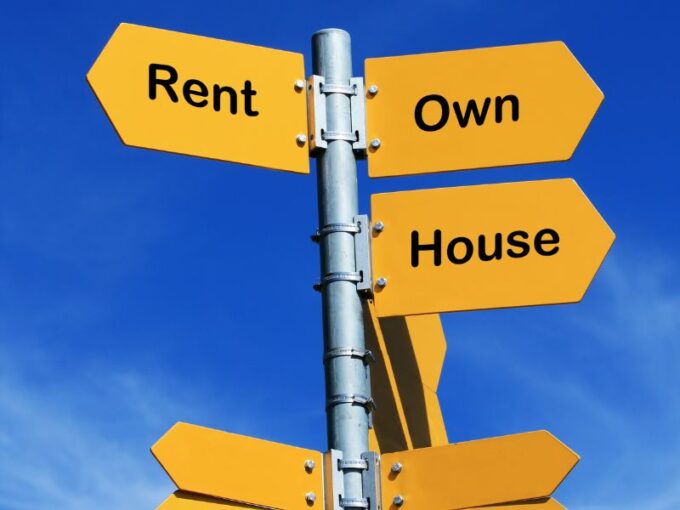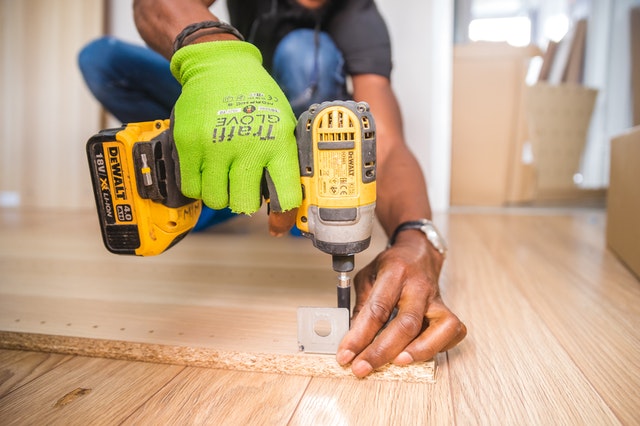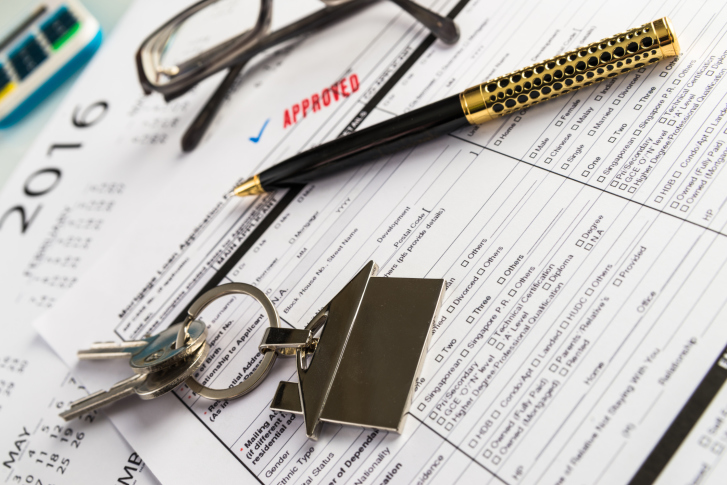 Going from renting to owning a home can be a significant financial and personal milestone, but it requires careful planning and preparation. Here are some steps to take to make the transition from renting to owning:
Going from renting to owning a home can be a significant financial and personal milestone, but it requires careful planning and preparation. Here are some steps to take to make the transition from renting to owning:
Determine your budget: Calculate your current expenses and income to determine how much you can afford to spend on a home. Consider factors such as down payment, closing costs, monthly mortgage payments, property taxes, and homeowner’s insurance.
Save for a down payment: A down payment is typically required when purchasing a home, and the larger the down payment, the lower your monthly mortgage payments will be. Aim to save at least 20% of the home’s purchase price to avoid paying private mortgage insurance (PMI).
Check your credit score: A good credit score can help you secure a better mortgage rate, so it’s important to check your credit score and address any issues before applying for a mortgage.
Get pre-approved for a mortgage: Before starting your home search, get pre-approved for a mortgage. This will give you an idea of how much you can afford to spend on a home and will also make you a more attractive buyer to sellers.
Find a real estate agent: A good real estate agent can help you navigate the home-buying process, from finding the right property to negotiating the best deal.
Start house hunting: Once you have your budget and pre-approval in hand, start searching for your dream home. Consider factors such as location, size, amenities, and resale value.
Make an offer and close the deal: Once you’ve found the right property, make an offer, negotiate the terms of the sale, and complete the closing process.
Ultimately, the rental market is driven by supply and demand, and rent prices will fluctuate based on a variety of factors such as location, amenities, and competition. It’s always a good idea for renters to do their research and compare prices before signing a lease. If you think you are ready, remember that buying a home is a significant financial and personal decision, so it’s important to do your research and seek professional advice along the way.
 When it comes to home improvements, you might envision lengthy renovation projects or a significant investment of time and money. Not all home improvements have to be big projects. There are many quick and simple changes you can make to transform your space without breaking the bank or disrupting your daily routine.
When it comes to home improvements, you might envision lengthy renovation projects or a significant investment of time and money. Not all home improvements have to be big projects. There are many quick and simple changes you can make to transform your space without breaking the bank or disrupting your daily routine. If you want to buy a home in the near future, you are probably aware of just how competitive the housing market is. You need to put yourself in the best position possible to be successful by getting pre-approved for a home loan. This is a very important step, particularly when you compete against people making cash offers. Learn more about the importance of getting pre-approved below, and make sure your offer is taken seriously.
If you want to buy a home in the near future, you are probably aware of just how competitive the housing market is. You need to put yourself in the best position possible to be successful by getting pre-approved for a home loan. This is a very important step, particularly when you compete against people making cash offers. Learn more about the importance of getting pre-approved below, and make sure your offer is taken seriously. During the past year, the housing market has been on fire. There are not a lot of houses for sale, many people are interested in moving, and there is a rising demand from the people who put off moving during the coronavirus pandemic. Furthermore, Millennial demand is picking up, which will only make the housing market even hotter. Recently, a survey found that approximately two-thirds of people who qualify for Generation Y are thinking about buying a home in the near future. Many of them have improving financial circumstances, and they are looking for a way to build wealth and settle down.
During the past year, the housing market has been on fire. There are not a lot of houses for sale, many people are interested in moving, and there is a rising demand from the people who put off moving during the coronavirus pandemic. Furthermore, Millennial demand is picking up, which will only make the housing market even hotter. Recently, a survey found that approximately two-thirds of people who qualify for Generation Y are thinking about buying a home in the near future. Many of them have improving financial circumstances, and they are looking for a way to build wealth and settle down.  If you own a home, you must make sure it is properly protected. Hazards can change throughout the year, and one of the biggest threats during the spring is the arrival of frequent thunderstorms. If your home is damaged by a severe storm, it might be covered by your homeowner’s insurance policy. You need to take a closer look at your policy to see if you have the right coverage.
If you own a home, you must make sure it is properly protected. Hazards can change throughout the year, and one of the biggest threats during the spring is the arrival of frequent thunderstorms. If your home is damaged by a severe storm, it might be covered by your homeowner’s insurance policy. You need to take a closer look at your policy to see if you have the right coverage. It is critical for everyone to find a home that is right for them. Given the current lack of inventory, this can be a significant challenge. Fortunately, the National Association of Realtors (NAR) keeps track of numerous market aspects, including how long the average family stays in a home. For the past few decades, the average family has stayed in their home for approximately six years; however, during the past few years, that average has gone up to nine years. This means that the average homeowner is keeping his or her house longer than he or she did in the past. Why is this happening?
It is critical for everyone to find a home that is right for them. Given the current lack of inventory, this can be a significant challenge. Fortunately, the National Association of Realtors (NAR) keeps track of numerous market aspects, including how long the average family stays in a home. For the past few decades, the average family has stayed in their home for approximately six years; however, during the past few years, that average has gone up to nine years. This means that the average homeowner is keeping his or her house longer than he or she did in the past. Why is this happening?